Most Common Camping Injuries & How to Avoid Them
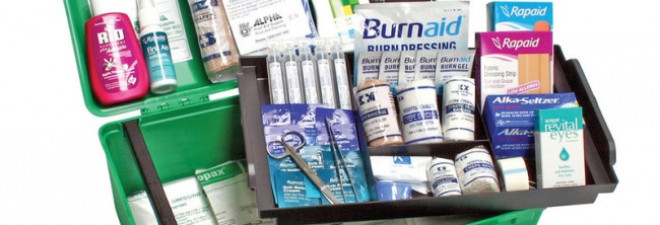
Going camping is almost a rite of passage here in Australia according to the Caravan Industry Association of Australia. The association says that 85 percent of the Australian population has had a caravanning or camping holiday at least once. Plus, 88 percent of campers say it’s something that every child should experience. But you probably already appreciate camping if you’re reading this blog, so you know that even the most seasoned camper can fall victim to a minor injury or ailment while on a holiday. So we decided to compile some camping tips for our visitors to avoid or deal with these common camping issues.
First off, before you even leave for your camping holiday, you need to put together a camping first aid kit. Here’s a first aid kit list for camping that shows what we suggest should be included:
- Any personal medications
- A selection of sizes and shapes of band-aids
- Roll bandages
- Sterile gauze
- Cotton swabs
- Adhesive Tape
- Insect repellent
- Calamine lotion
- Bee sting kit
- Snake bite kit
- Antihistamine cream
- Antiseptic wipes
- Antiseptic cream
- Betadine
- Eye drops
- Aspirin/Panadol/Neurofen
- Heat/cold packs
- Tweezers
- Scissors
- Safety pins
- Anti-acids (Rennies/Quick-Eze)
- Saline solution
- Eye drops
- Latex gloves
This list is a good starting point, but you can add things as you see fit for the area you are camping in or the type of camping you are doing (holiday park vs. more remote).
Beyond being prepared with a camping first aid kit, you should do your best to follow camping safety guidelines. We put together a list of issues that could happen while camping and how to deal with them.
Weather-related Problems
One of the best parts of camping is being in the “great outdoors.” But being in the outdoors that much can be the worst part of camping if you don’t come properly prepared. Issues such as heat stroke, dehydration and frostbite are avoidable if you plan for each day during your camping holiday.
Here in Byron Bay, you don’t need to worry so much about frostbite but heat stroke and dehydration are possibilities. However, as long as you drink plenty of water, even on the hottest summer days you’ll be just fine! Keep in mind that children dehydrate quickly, so it is important to really watch their intake of water and keep on at them to drink.
Skin Issues
Nothing ruins a camping holiday faster than a rash or a bad sunburn. First the skin rash caused by something plant-related is a camping accident that could easily happen to anyone if you don’t keep your eyes peeled. But don’t worry, if you do come in contact with a plant that causes a skin reaction the rash should be treatable while on your camping holiday. Be sure to thoroughly wash the area and use ointments as needed, and wash the clothes you were wearing that came in contact with the plant in hot water.
As for the sunburn side of skin ailments, this one should be the most easily avoidable. Sunscreen, protective clothing and sunglasses all are your friends when trying to avoid sunburns. One of the best camping tips for protecting yourself from sunburns while in Byron Bay is to apply SPF 30+ sunscreen to any exposed areas liberally and to reapply every two hours.
Check out our sun safety guide for more advice:
Slip, Slop, Slap! Our Best Beach Safety Tips
Don’t Get Burnt
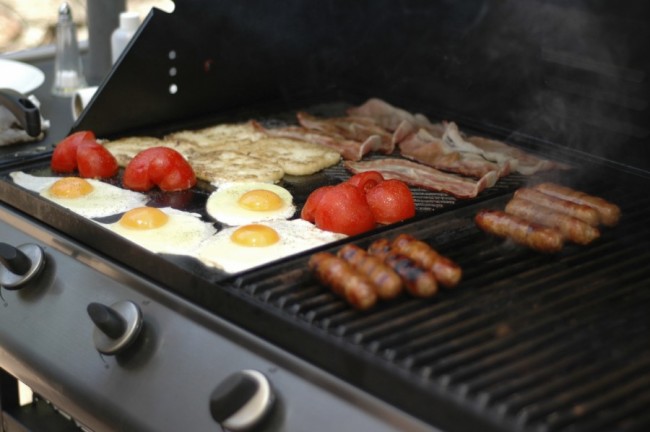
Image source: budgetdirect.com.au
A burn injury on a camping holiday can make your weekend a lot less fun quickly. Being careful around open flames, camp cooking gear and even your BBQ is an important part of camping safety.
When using your BBQ, you need to just use common sense. A few camping tips for keeping yourself and your loved ones and friends safe include:
- Make sure to keep children away from it. The exterior of a BBQ can be very hot so you want to make they don’t even brush up against it.
- Clean and scrape off the grill before you start cooking as grease, grime and grilled-on leftover food can cause a flare up of the flames and cause a burn injury.
- Always use hot pads or other safety methods so you aren’t grabbing any BBQ tools or pan handles that are going to be very hot!
Bug Bites and More
Dealing with mosquito bites comes with spending any length of time outdoors, so it’s a good idea to pack and, of course, make sure to use insect repellent. If you plan to hike in Byron Bay’s amazing National Parks and Hinterland, be sure to pack a higher strength repellent. However, if you’re just hanging out around the BBQ and having dinner, then a lower dose could work for a couple of hours. During your camping holiday, you’ll probably encounter one or two of those pesky mozzie bites, this is where bite cream and calamine lotion come in handy.
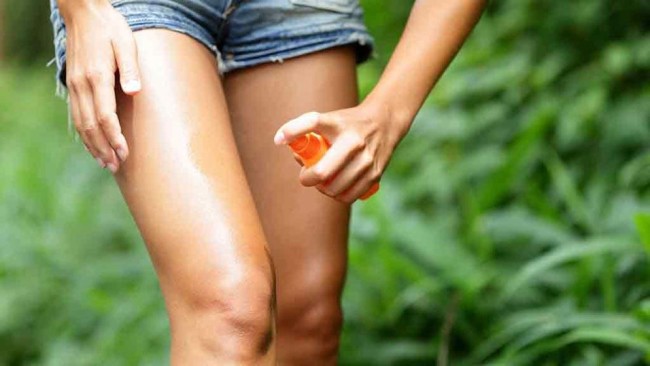
Image source: choice.com.au
Spider or snakebites can be much more troublesome. If you’re worried, then put a bandage over the wound and apply pressure. Then make sure the victim is taken to a medical facility with antivenom for snakebites. And if think you’ve seen a poisonous snake, like the Eastern Brown snake, you can always contact Byron Bay’s snake man, George Ellis, just ring 000 and the Police will contact him.
If anyone is bitten by a spider apply an ice pack for pain and seek medical attention regardless of the symptoms—to be on the safe side in case it’s something like a funnel web or red back spider!
Cuts, Bruises, Scrapes
Falling down or getting a scrape during a camping holiday isn’t abnormal, especially with kids, and you’ll easily be prepared for these minor camping accidents if you pack a good camping first aid kit.
If you go hiking on any of the great trails in Byron Bay, it’s possible you could slip and scrape up your knee or other body parts. But if you’re ready to clean, treat and cover the cut, then it won’t stop you in tracks—or even keep you from finishing your hike. Pull out your trusty camping first aid kit should you run into any minor cuts or scrapes and make sure to first disinfect the wound. Then use some Betadine and cover it with bandage or band-aid, depending on the size.
If someone rolls an ankle while out on your camping holiday, you’ll need to make sure the person stays off it and elevates it to decrease blood flow to the area. It’s a good idea to grab an ice pack (possibly in your cooler!) so you can reduce the swelling. And, of course, the person could probably use that Neurofen you packed in your camping first aid kit. Your mate might have to take it easy the next day or two as the ankle recovers, but it certainly won’t ruin your holiday.
On the More Serious Side
Unfortunately, camping accidents do happen. If you or your family member or a mate falls and happens to fracture a bone then you’ll need to need to stabilise the bone with lots of medical tape and a splint of some sort, using a straight stick or a wrap. Swelling, discolouration, pain and inability to use the limb area are all indications of a simple fracture. This means seeking medical attention. In the case of compound fracture, these are easier to identify since it breaks the skin. Do not apply pressure to the area, and cover the area with a sterile pad. Then call for medical help immediately. In either situation, make sure to keep the person immobile as possible.
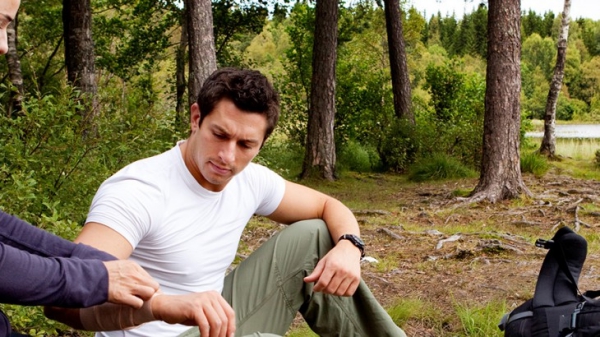
Image Source: newcastlefirstaid.com
Check out this link to find lists of hospitals and other medical facilities in the Byron Bay area. It would be a good idea to keep a list of medical phone numbers (if you aren’t dialing 000) and locations in your camping first aid kit, so it’s handy should you need it. Do the same any time you go on a camping holiday for the area you’ll be staying, and you’ll feel better prepared in the event of a camping accident.
Follow our Camping Tips for a Great Holiday at Broken Head
While it’s impossible to avoid every camping malady, you should be able to avoid a lot of them if you follow our camping tips. We hope you’ll come to Byron Bay for your next camping holiday, prepared for any issues that you may have to deal with, so you can enjoy your time safely taking in everything this shire offers. If you stay at Broken Head Holiday Park, you’ll have your choice in accommodation for camping between powered non-powered sites, as well as access to great onsite facilities. So book your next camping holiday for Byron Bay soon!




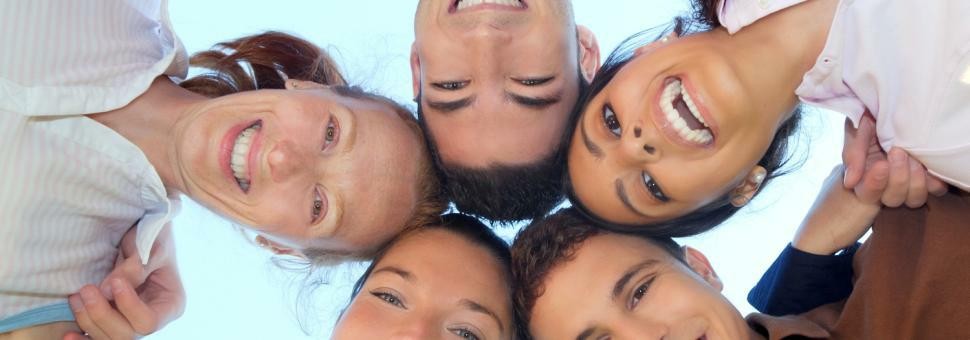



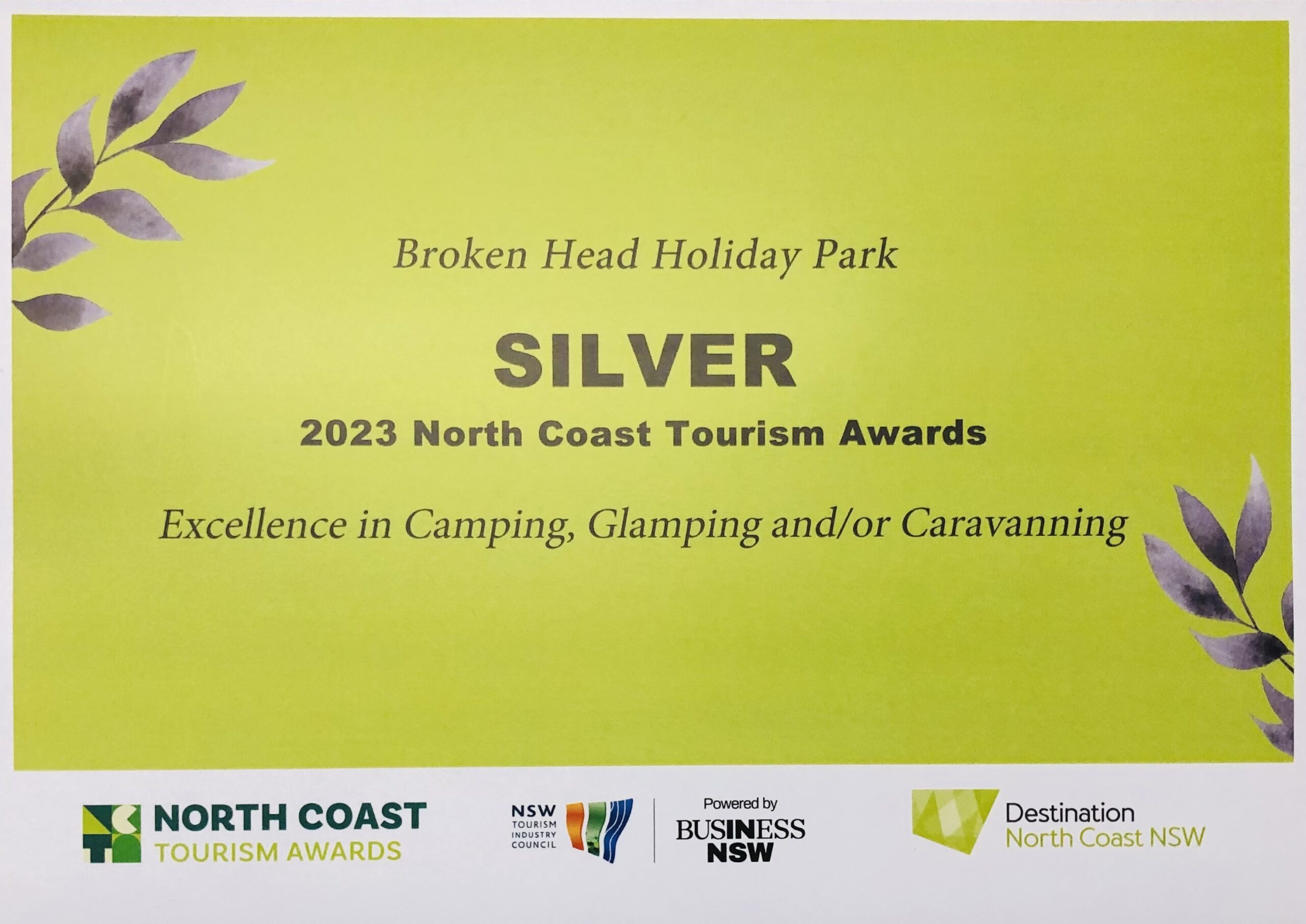
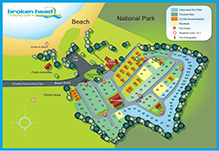

[…] But whatever cool lantern you bring for your camping holiday in Byron Bay, make sure it will light up your tent and site adequately so you’re not fumbling around in the dark as that’s when accidents can happen. […]